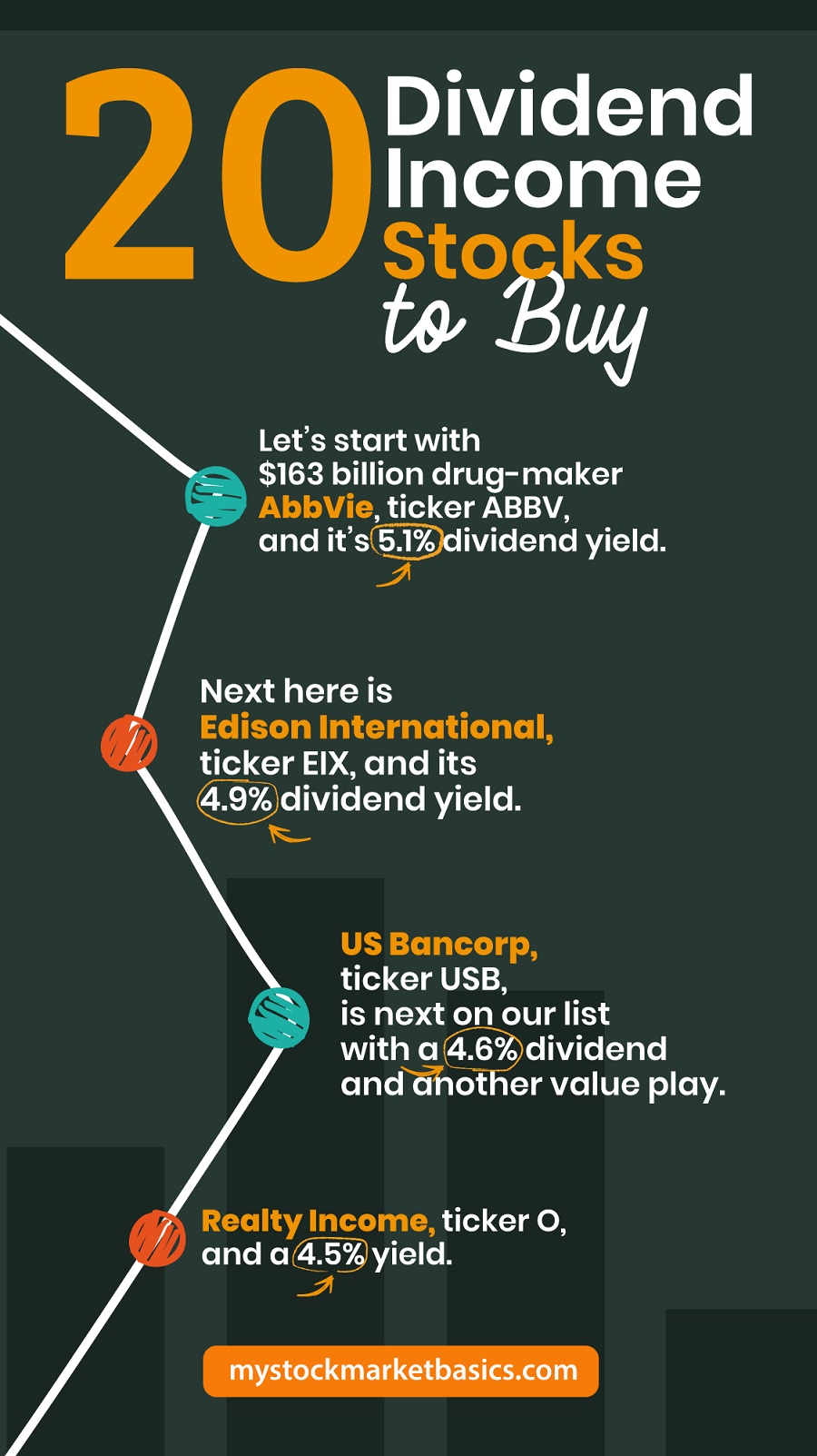
The interest payments on a bonds are generally stopped once it is called. However, some bonds may be called even when interest rates are higher than their initial purchase price. This is not always a bad thing for investors. Investors can often continue to make the same income for a longer duration, which is often good.
The bond market is very sensitive to changes in interest rates. Companies will call their bonds more often if interest rates begin to fall, especially if the rates are low. This might be good for the bondholder short-term but could lead to long-term financial losses.
Callable bonds allow an issuer to purchase the bond back at a discount price. The call price is the price paid for the bond to be retired. The call price is usually a small premium to the bond's par value. However, callable bonds can also be redeemed before maturity, which can be a very good thing.

Both the bondholder and the issuer can use the call feature on callable bonds as a tool. The bondholder can exchange the coupon rate for a higher coupon and the issuer can redeem the bond before maturity. A bond issuer may also call the bond to reissue the bond at a lower rate. This can prove profitable in the long-term. But callable bonds don't come without their faults.
The main issue is that callable bonds have a shorter duration than their non-callable counterparts. The issuer is increasing the risk of interest rate volatility by making callable bonds shorter. A shorter duration bond also means that the bondholder may not get as much interest as a longer-term bond.
Callable bonds also have a more complex price tag. The call price decreases with each passing period from the initial call amount. The bond price may be much higher than the original purchase price. But, there are other factors that could influence the call of a bond.
One of the most important factors is the call protection period. The longer the protection period, the less likely it is that the bond will be called. The bond's term is usually half of its total length, but it can vary. The seller calls the bond to pay the principal and interest and ends the loan before it reaches maturity. This is sometimes referred to by the "make whole" call.

Callable bonds have a number other benefits for the bondholder and issuer. The call price is usually slightly higher than the par value of the bond. The bondholder will be charged a higher amount for the bond, but the coupon rate will be higher. This is why callable securities are so popular in municipal bond markets.
A non-callable callable bond cannot be prepaid, unlike a calling bond. It is possible that the issuer will not be able to redeem the bond prior to maturity. This can make it difficult to recover damages from contractors. This is especially true for bonds issued by governments, which are often used to finance expansions and other projects.
FAQ
What is an REIT?
A real estate investment trust (REIT) is an entity that owns income-producing properties such as apartment buildings, shopping centers, office buildings, hotels, industrial parks, etc. These companies are publicly traded and pay dividends to shareholders, instead of paying corporate tax.
They are similar companies, but they own only property and do not manufacture goods.
Who can trade on the stock exchange?
Everyone. There are many differences in the world. Some people have more knowledge and skills than others. They should be rewarded.
But other factors determine whether someone succeeds or fails in trading stocks. If you don’t know the basics of financial reporting, you will not be able to make decisions based on them.
Learn how to read these reports. It is important to understand the meaning of each number. It is important to be able correctly interpret numbers.
You will be able spot trends and patterns within the data. This will allow you to decide when to sell or buy shares.
You might even make some money if you are fortunate enough.
What is the working of the stock market?
Shares of stock are a way to acquire ownership rights. A shareholder has certain rights over the company. He/she can vote on major policies and resolutions. He/she can demand compensation for damages caused by the company. The employee can also sue the company if the contract is not respected.
A company cannot issue any more shares than its total assets, minus liabilities. This is called "capital adequacy."
A company with a high capital sufficiency ratio is considered to be safe. Companies with low capital adequacy ratios are considered risky investments.
What is a "bond"?
A bond agreement between 2 parties that involves money changing hands in exchange for goods or service. It is also known to be a contract.
A bond is usually written on paper and signed by both parties. This document includes details like the date, amount due, interest rate, and so on.
When there are risks involved, like a company going bankrupt or a person breaking a promise, the bond is used.
Bonds can often be combined with other loans such as mortgages. The borrower will have to repay the loan and pay any interest.
Bonds can also help raise money for major projects, such as the construction of roads and bridges or hospitals.
A bond becomes due upon maturity. This means that the bond owner gets the principal amount plus any interest.
Lenders can lose their money if they fail to pay back a bond.
Statistics
- Even if you find talent for trading stocks, allocating more than 10% of your portfolio to an individual stock can expose your savings to too much volatility. (nerdwallet.com)
- Ratchet down that 10% if you don't yet have a healthy emergency fund and 10% to 15% of your income funneled into a retirement savings account. (nerdwallet.com)
- US resident who opens a new IBKR Pro individual or joint account receives a 0.25% rate reduction on margin loans. (nerdwallet.com)
- Individuals with very limited financial experience are either terrified by horror stories of average investors losing 50% of their portfolio value or are beguiled by "hot tips" that bear the promise of huge rewards but seldom pay off. (investopedia.com)
External Links
How To
How to Invest in Stock Market Online
Stock investing is one way to make money on the stock market. There are many methods to invest in stocks. These include mutual funds or exchange-traded fund (ETFs), hedge money, and others. Your investment strategy will depend on your financial goals, risk tolerance, investment style, knowledge of the market, and overall market knowledge.
You must first understand the workings of the stock market to be successful. This involves understanding the various types of investments, their risks, and the potential rewards. Once you've decided what you want out your investment portfolio, you can begin looking at which type would be most effective for you.
There are three major types of investments: fixed income, equity, and alternative. Equity refers to ownership shares of companies. Fixed income refers to debt instruments such as bonds and treasury notes. Alternatives include commodities, currencies and real estate. Venture capital is also available. Each category comes with its own pros, and you have to choose which one you like best.
Two broad strategies are available once you've decided on the type of investment that you want. One is called "buy and hold." You buy some amount of the security, and you don't sell any of it until you retire or die. The second strategy is called "diversification." Diversification involves buying several securities from different classes. If you purchased 10% of Apple or Microsoft, and General Motors respectively, you could diversify your portfolio into three different industries. Multiple investments give you more exposure in different areas of the economy. This helps you to avoid losses in one industry because you still have something in another.
Risk management is another key aspect when selecting an investment. Risk management allows you to control the level of volatility in your portfolio. If you were only willing to take on a 1% risk, you could choose a low-risk fund. You could, however, choose a higher risk fund if you are willing to take on a 5% chance.
Your money management skills are the last step to becoming a successful investment investor. You need a plan to manage your money in the future. Your short-term, medium-term, and long-term goals should all be covered in a good plan. Sticking to your plan is key! Keep your eyes on the big picture and don't let the market fluctuations keep you from sticking to it. Stick to your plan and watch your wealth grow.